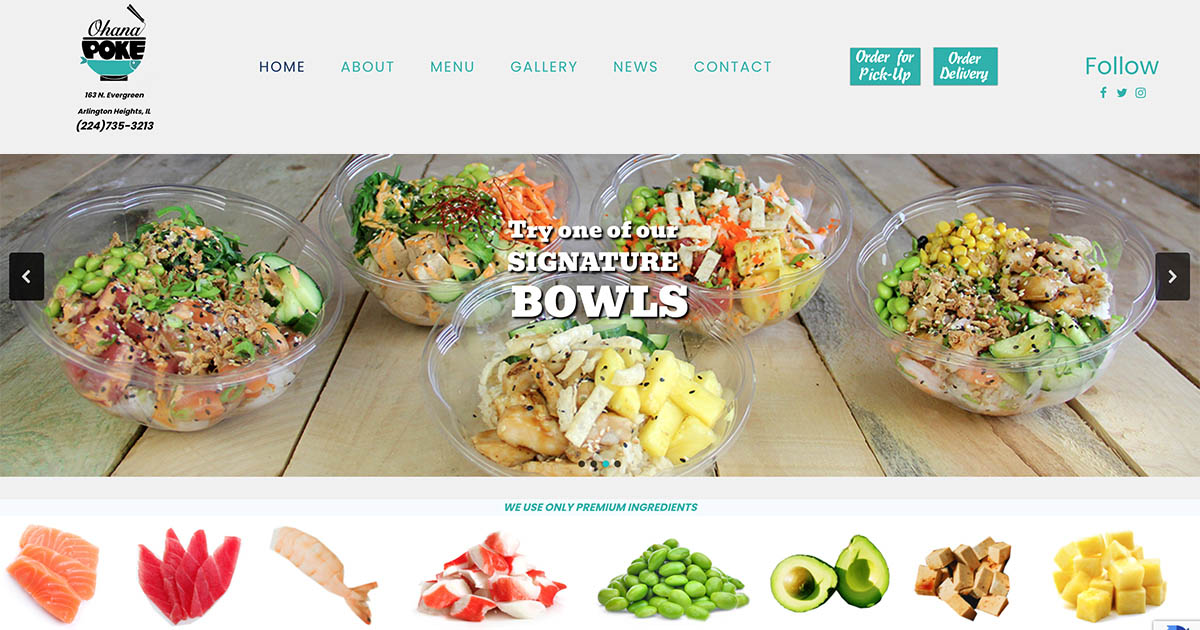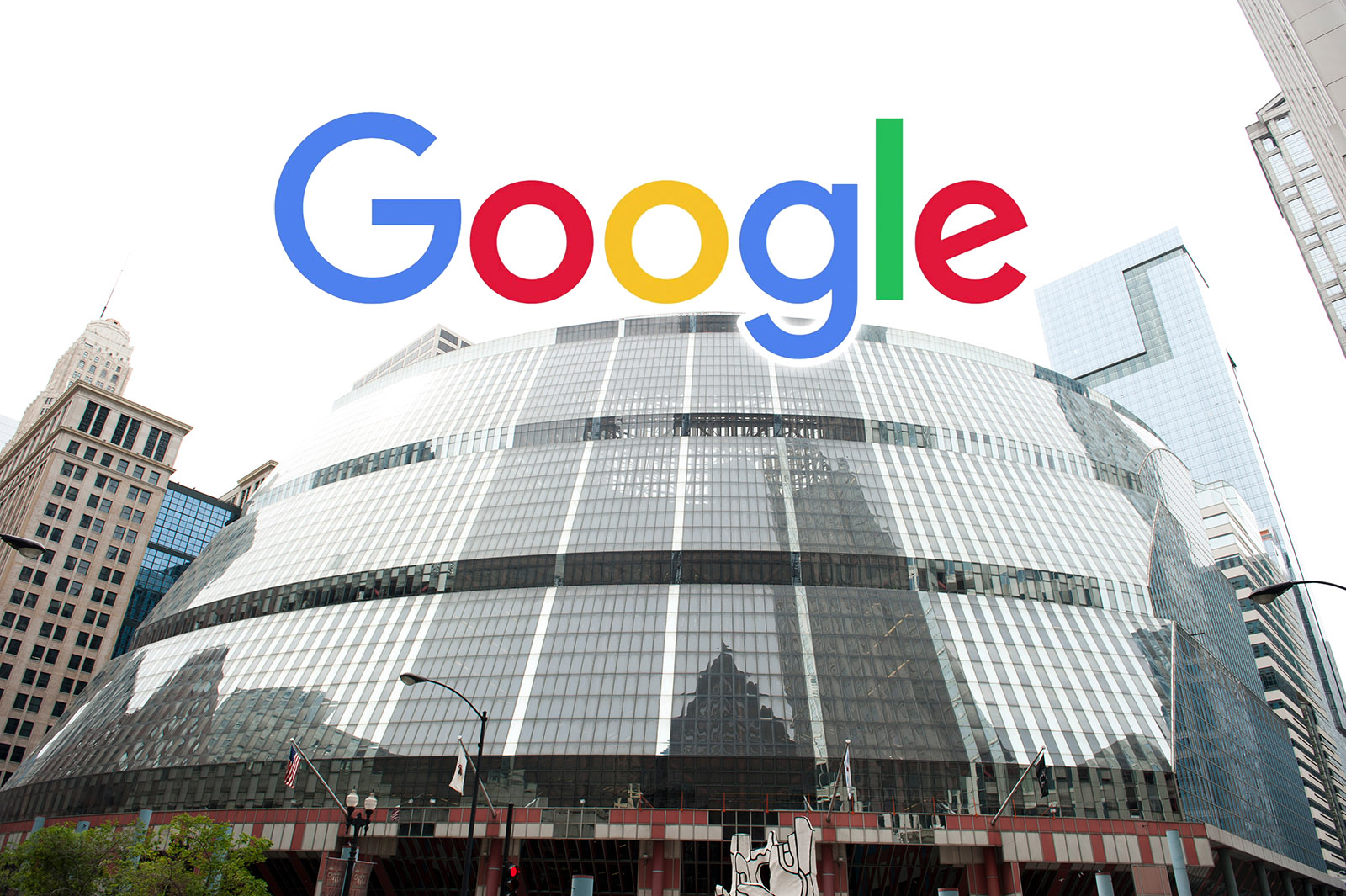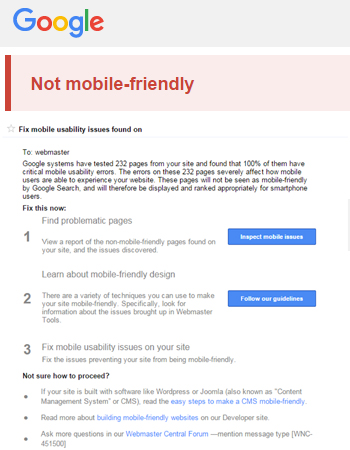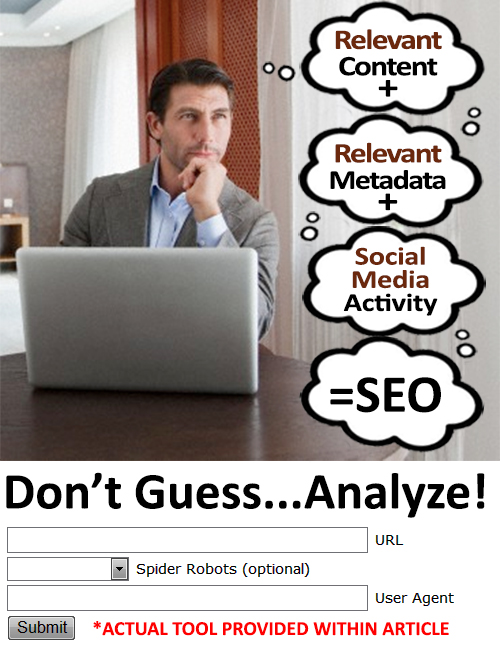Displaying items by tag: SEO | Search Engine Optimization
Ohana Poke in Arlington Heights | Restaurant Website Design and Food Photography
 Website Design Client: Ohana Poke Bowl
Website Design Client: Ohana Poke Bowl
Location: Arlington Heights, IL 60004
This new poke bowl (sushi) restaurant owner was looking for a local website designer that was near their new location in Arlington Heights, IL. While searching Google for a local web designer, they found AdverGroup Website Design. They were also happy to learn that we provide professional food photography, along with menu design and printing. After a brief phone conversation they knew that we were the best website design option for them.
Google Announces Plan to Purchase the Thompson Center in Chicago
 Alphabet Inc. announces their intent on “Bringing Google to Chicago’s Thompson Center.” The company announcement posted on July 27, 2022 under Google’s Company News section, conveyed the company’s plan to purchase the Thompson Center and “support (their) engineering work in Chicago,” in effort to “advance the growth of Google’s partners and customers across the Midwest and nationally”.
Alphabet Inc. announces their intent on “Bringing Google to Chicago’s Thompson Center.” The company announcement posted on July 27, 2022 under Google’s Company News section, conveyed the company’s plan to purchase the Thompson Center and “support (their) engineering work in Chicago,” in effort to “advance the growth of Google’s partners and customers across the Midwest and nationally”.
While Google, and their parent company “Alphabet Inc.” (both mostly known for their Search Engine Console) are both headquartered in the same Mountain View, California corporate complex, known as the “Googleplex.” The Googleplex has been reported to possesses roughly 2 million square feet of office space, the Thompson Center is not far behind with approximately 1.5 million square feet, spread across 17 floors of office and retail space.
Premier Printing & Packaging Inc | Web Design and Video Production Rolling Meadows

Website Design Client: Premier Printing & Packaging Inc
Location: Rolling Meadows, IL 60008
This local printing and packaging management company was looking for a local website designer that was preferably nearby their new office that is located in Rolling Meadows, IL 60008. In addition to searching Google, the owners also asked a few trusted friends and business associates, if they new anyone specializing in website design. One friend said, "Call AdverGroup". They remembered seeing our name on Google, so when the business associate mentioned us, they gave us a call. The rest is history. After a brief phone call and initial meeting, they knew we could deliver, and we did. We delivered an awesome new "search optimized "website, professional product photography and professional video commercial production.
Learn How to Create and Duplicate Search Optimized Content in WordPress
 This video tutorial demonstrates how to create and duplicate search engine optimized content using WordPress.
This video tutorial demonstrates how to create and duplicate search engine optimized content using WordPress.
WordPress is a robust website blogging software which provides endless expandability by using plugins, widgets and more. There are plenty of SEO plugins for WordPress Plugins that can help you navigate search engine optimization. However, the most important thing about SEO is having a strategy. The strategy that I found to be successful is expanding my website to include intelligently titled articles which targets search engine users that enter in specific keywords and phrases.
SEO is not a Destination, it is a State of Mind: Search Engine Optimization Coach
 All business owners and entrepreneurs have the same goal: That is to be found on page #1 of Google Search Engine. That single objective requires most conventional businesses to travel along the same path. As a Creative Director based in the Chicago area, I have worked with countless clients over the years, these clients span countless industries. We work for old companies and start-ups, many of these clients even within the same industry, many of who are often even competitors.
All business owners and entrepreneurs have the same goal: That is to be found on page #1 of Google Search Engine. That single objective requires most conventional businesses to travel along the same path. As a Creative Director based in the Chicago area, I have worked with countless clients over the years, these clients span countless industries. We work for old companies and start-ups, many of these clients even within the same industry, many of who are often even competitors.
In any case, to become relevant in any industry or niche, the path these business owners must travel today, is not like the days of old. They are not buying advertisements in the yellow pages or in newspapers (do either of those even still exist). Client's seeking success in today's modern world of business are all looking to conquer search engines. CLICK HERE TO LEARN MORE
Google Shuts Down Google+, Facebook Wins Social Media Battle
 In October of 2018 Google announced they would be "Protecting your data, improving our third-party APIs, and sunsetting consumer Google+". Later in December another update would come as Google announced "Expediting changes to Google+". Most recently in December of 2018, deletion dates were provided when Google emphasized that it will shut down Google+, "due to low usage and challenges involved in maintaining a successful product that meets consumers’ expectations." as provided in Google's official statement.
In October of 2018 Google announced they would be "Protecting your data, improving our third-party APIs, and sunsetting consumer Google+". Later in December another update would come as Google announced "Expediting changes to Google+". Most recently in December of 2018, deletion dates were provided when Google emphasized that it will shut down Google+, "due to low usage and challenges involved in maintaining a successful product that meets consumers’ expectations." as provided in Google's official statement.
While the number of mobile device users is growing, the number of social media networks is also constantly growing. However, with the recent news of Google sunsetting Google+, the "social media battle field" just got thinner.
How to Fix Google Usability Issues Using Mobile Friendly & Responsive Web Design
 In 2015 Google notified all website owners of issues on their site relative to mobility issues. If your website was deficient and/or you have received an email that provided a warning stating that “Google systems has tested your site finding a percentage of your website’s pages to have critical mobile usability errors", then this is something you really should resolve.
In 2015 Google notified all website owners of issues on their site relative to mobility issues. If your website was deficient and/or you have received an email that provided a warning stating that “Google systems has tested your site finding a percentage of your website’s pages to have critical mobile usability errors", then this is something you really should resolve.
Is it a valid concern if a website is not optimized for mobile devices? That question depends on the answer to another question. How many mobile device users are their versus desktop users. In May 2015, in the “Google Inside Adwords Blog”, within the article titled "Building for the next moment", Google stated that “Google searches take place on mobile devices than on computers in 10 countries including the US and Japan”. Furthermore, www.statista.com authored an article titled "Statistics and Facts on Mobile Internet Usage" which reports that "mobile phone internet user penetration was 52.7 percent in 2015" and suggests the figure will climb to 63.4 percent by 2017.
Matt Cutts is the Most Interesting Man in the World of SEO
 If you don’t know who Matt Cutts is, then you probably have not been paying much attention to the world of Search Engine Optimization (SEO). If you own or manage a website and have an interest in growing your web presence, then its time you learn more about Matt Cutts.
If you don’t know who Matt Cutts is, then you probably have not been paying much attention to the world of Search Engine Optimization (SEO). If you own or manage a website and have an interest in growing your web presence, then its time you learn more about Matt Cutts.
When viewing Google’s Management Team Page, provided on their company website. You will not see a photo or even a description of Matt Cutts. I find this funny considering, that when Matt Cutts speaks, his words have a more significant impact on the world of SEO than any other Google staff member.
Perhaps you are more familiar with the "stay thirsty" ad campaign put on by Dos Equis Beer. Whereas their spokesman is a older distinguished gentlemen who is lauded as "the most interesting man in the world". I could not help but to rewrite many of the popular sayings so that they are relevant to the world of SEO and Matt Cutts.
"Search engines base their results upon his guidelines"
"His words are considered golden"
"He is fluent in all search engine algorithms, even those that have not been developed yet"
How to Get My Business on Google Maps and Google Places for Business?
Is your Business located on Google Maps and Google Places for Business?
If not, it should be! Despite the simple fact that search engines such as Google and Yahoo have replaced the stone aged telephone books, both of these search engine titans also possess business listing services. Google has Google+ Places and Zagat, while Yahoo has Yelp. All which utilize map based business listings. These map based business listings assist consumers in finding business near their physical locations. This is even more relevant in today’s age of mobile devices, such as smart phones and tablets.
For instance, as a consumer is driving on the Kennedy Expressway in Chicago. A person in this vehicle is seeking a coffee shop nearby. They grab their iphone, open their web search and enter coffee shops. Their mobile device will provide map results, prior to providing web page results because the search engine has detected that they are mobile. Will your business show up if a smart phone or tablet user searches for your business type? If your business is not listed on Google Places for Business or Google+ Local then the answer is no!
SEO: Don't Guess, Analyze! This Meta Tag Analyzing Tool Grades Relevancy!
 Despite any modifications Google Search may implement in their search algorithms, depth of valuable content will always reign supreme. That being said, making sure your content is meta-tagged properly may be the single most important part of optimizing your website for search engines.
Despite any modifications Google Search may implement in their search algorithms, depth of valuable content will always reign supreme. That being said, making sure your content is meta-tagged properly may be the single most important part of optimizing your website for search engines.
I always tell my clients that search engines like Google, Yahoo and Bing are not going to put words in your mouth! In other words, if you are a "Plumber", then search engines will not assume that you provide "Hot Water Heater Repair Services" or "Sump Pump Repairs" unless there are "titled articles" along with text content, meta description and keywords which exist on your site communicating this.
This article demonstrates the basic fundamentals of Search Engine Optimization (SEO), specifically coding metadata such as meta descriptions and meta keywords into your websites content and articles. Additionally, this article provides a real working tool "the Meta Tag Analyzer", which will assist you in ensuring that your content and meta elements are accurate and in harmony with one another.
The words and phrases that you utilize in this "meta data" is not a guessing game. You can also use the "Meta Tag Analyzing Tool" to assist you in knowing exactly which phrases and keywords to use (specific to each article's content).

















